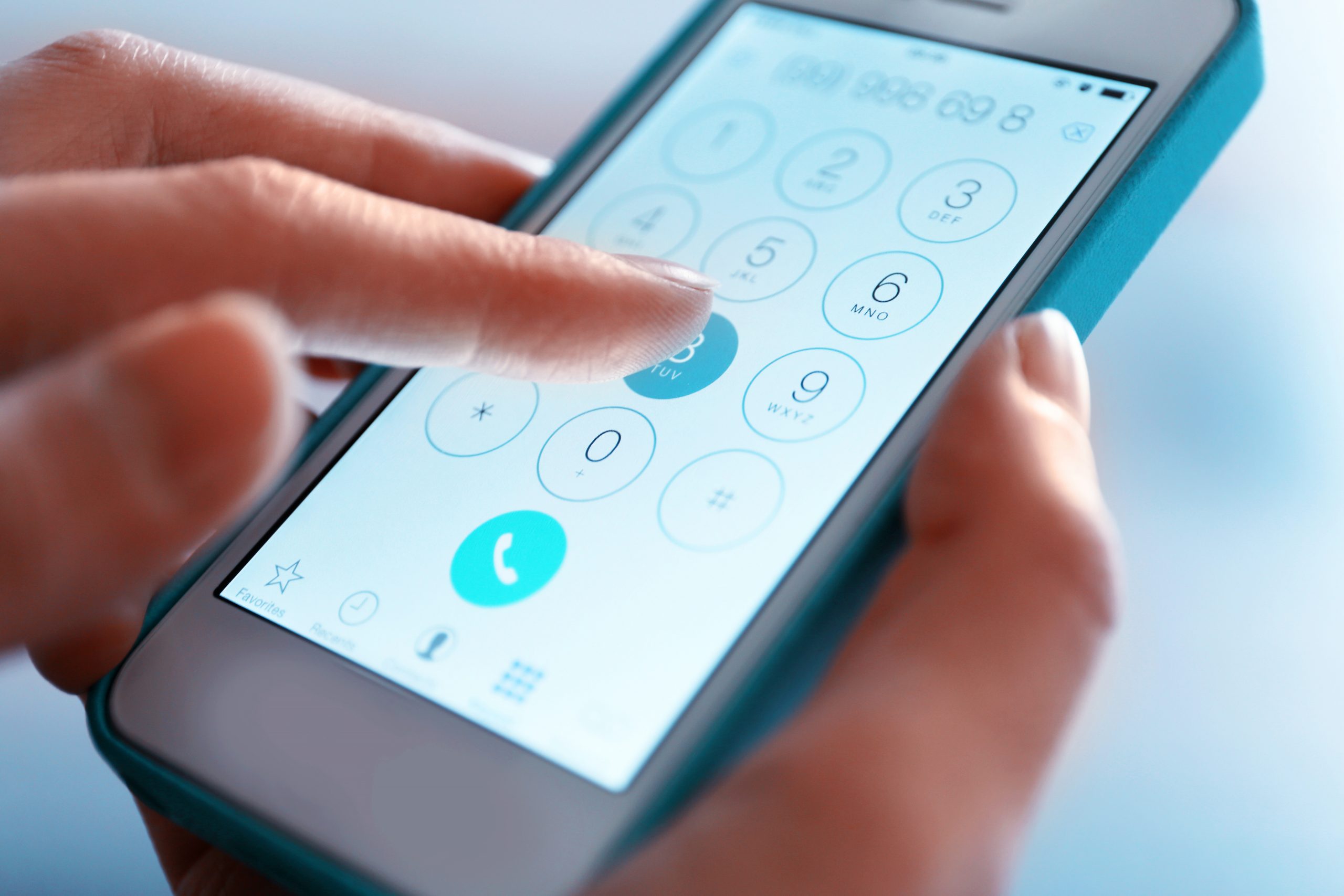A temporary phone number, often referred to as a disposable phone number, is a critical tool for enhancing personal security in an increasingly digital world. Such a number simplifies online interactions by keeping personal information, particularly contact details, confidential. Originally developed for company use in telemarketing and sales, these numbers are now widely used by individuals for various private purposes.
The primary benefit of using a temporary temp.number is the significant level of privacy it provides. When signing up for online services, registering for websites, or conducting transactions, these ‘burner’ numbers serve as a barrier, shielding personal contact information from potential misuse. These numbers essentially function as a buffer between the user and the service provider, effectively diminishing data security risks.

Another key advantage is the ease of control and management that temporary numbers provide. Depending on the service provider, users can readily change the number or customise its working hours. And since the number is not directly connected to a dedicated personal sim card, the risk of getting hacked or tracked is considerably reduced. Moreover, these temporary phone numbers are ideal for one-time use, for instance during online selling or while travelling abroad, further enhancing their utility.
Temporary phone numbers are also used in various verification processes. Whether it’s a two-step verification method for a social media account, or confirming an online transaction with your bank, these temporary numbers ensure safe and secure completion of the process. A temporary number can receive the required verification code, hence providing an additional layer of security.
In spite of these benefits, it’s crucial to bear in mind the limitations and potential downsides of temporary phone numbers. Sometimes, services might not recognise or accept such numbers, in which case they may not be a viable option. Furthermore, users must choose their service provider wisely to ensure proper data protection and service quality. After all, the effectiveness of a temporary phone number is only as good as the reliability of the service provider.
In conclusion, temporary phone numbers act as an important guard against privacy risks in the digital world, offering a host of benefits such as protection of personal information, convenience of management, and enhanced security during verification processes. However, users need to consider the limitations and make a judicious choice of service provider to harness these benefits fully. As we thrive in an era where data privacy is paramount, the use and other potential applications of temporary phone numbers can only be projected to increase.
